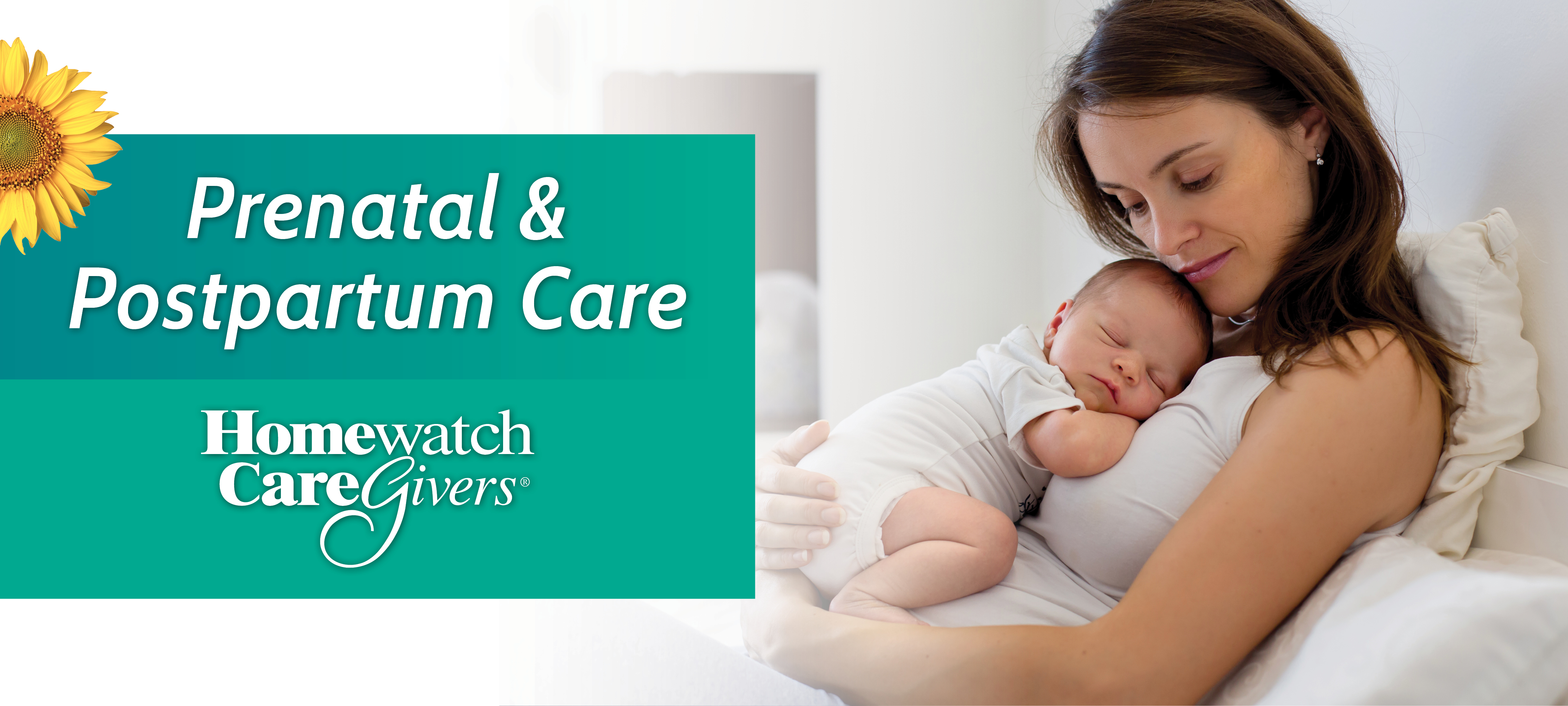Pregnancy can be a joyful time of life with much planning and preparation to do as well as celebration before and after baby arrives. However, some women need extra help due to the medical necessity of bedrest during pregnancy or recovering from a difficult birth experience.
Prenatal Care
At first the idea of bedrest might be appealing, with visions of finally knitting that baby blanket, reading “What to Expect When You’re Expecting” or a few novels, overseeing a nursery remodel, but then there is the fact that chores need to be done too.
A woman on bedrest cannot also get up and clean the kitchen, do the grocery shopping, make dinner, take out the trash, or other routine tasks around the home.
As one woman who had nine weeks of bedrest shared, “It was not at all how I imagined it,” Jenny S. said. “People are busy and I’m home alone and bored at 2 p.m. on a weekday and can’t just ask them to stop by and scoop out the cat’s litterbox or wash the dishes.”
It’s the little things: who will walk or drive another young child in the household to school? Who will walk the family dog? Who will do the laundry?
The answer is to ask for help: from a relative, spouse, friend, neighbor, or hire a professionally-trained caregiver (or maybe a combination of all of these people). This is not a sign of weakness, but a sign of prioritizing well-being for mother and child for a relatively short period of time.
Postpartum Care
Each birth is different and therefore has a varying impact on a woman’s body. For some, there is a traditional delivery and minimal care needs other than tending to a newborn. Yet for many other women there can be a surgery to recover from—while also caring for the newborn.
Similar to bedrest, a woman may need to modify and reduce activities as her body heals from childbirth. Much like pregnancy, this is a time of optimum nutrition and rest for the mother who needs additional support for herself and the child.
Say yes to offers of assistance with healthy meals from friends and family, napping when the baby sleeps, and making sure there is reliable transportation to follow-up medical visits. A caregiver can be there to give a ride, provide backup childcare for other little ones in the home, and prepare meals for the whole family.
Be Prepared
When hiring a caregiver for prenatal or postpartum care, execute a plan of care with the caregiver or caregiving team. This way, expectations are set and you can go back to and refer or adjust the plan as circumstances changes.
As with any type of care, ask to interview more than one caregiver to make sure it’s a good fit for all parties and needs can be addressed successfully. Care should be customized to your personal preferences so it is directed by you.
A caregiver can be part of your support team or the whole system, depending on how close family is or not.
Pregnancy and the birth of a child are special times that can be enhanced by proper care for the mother.





